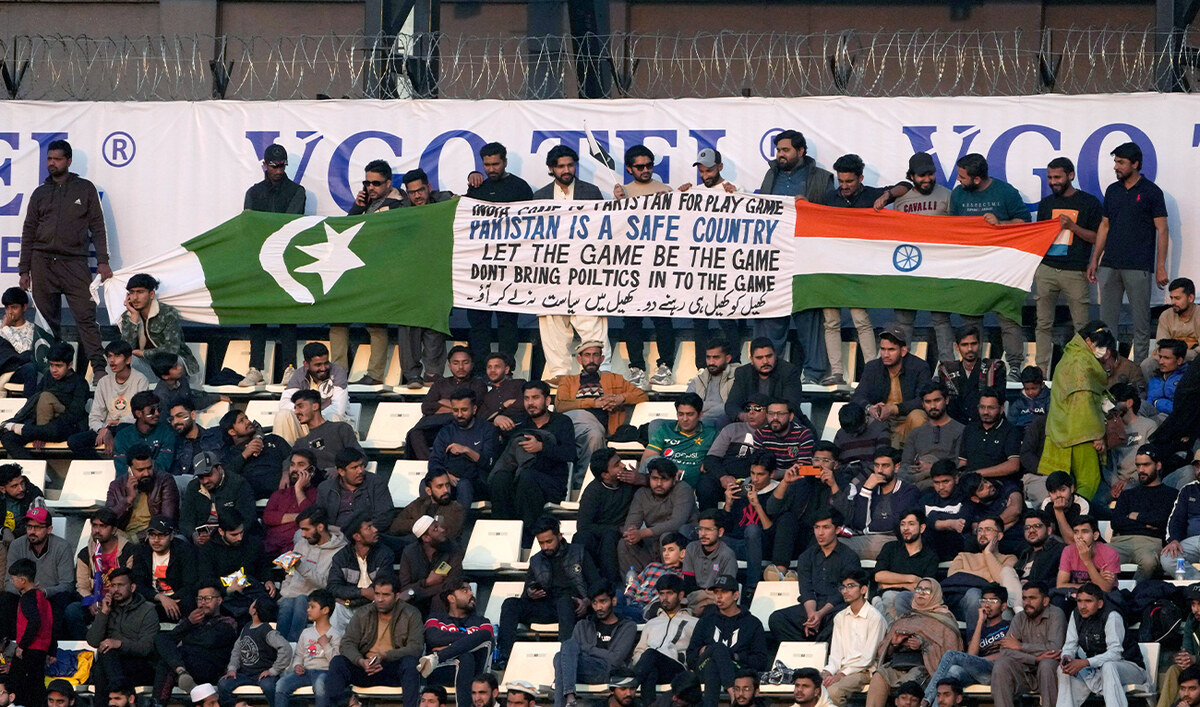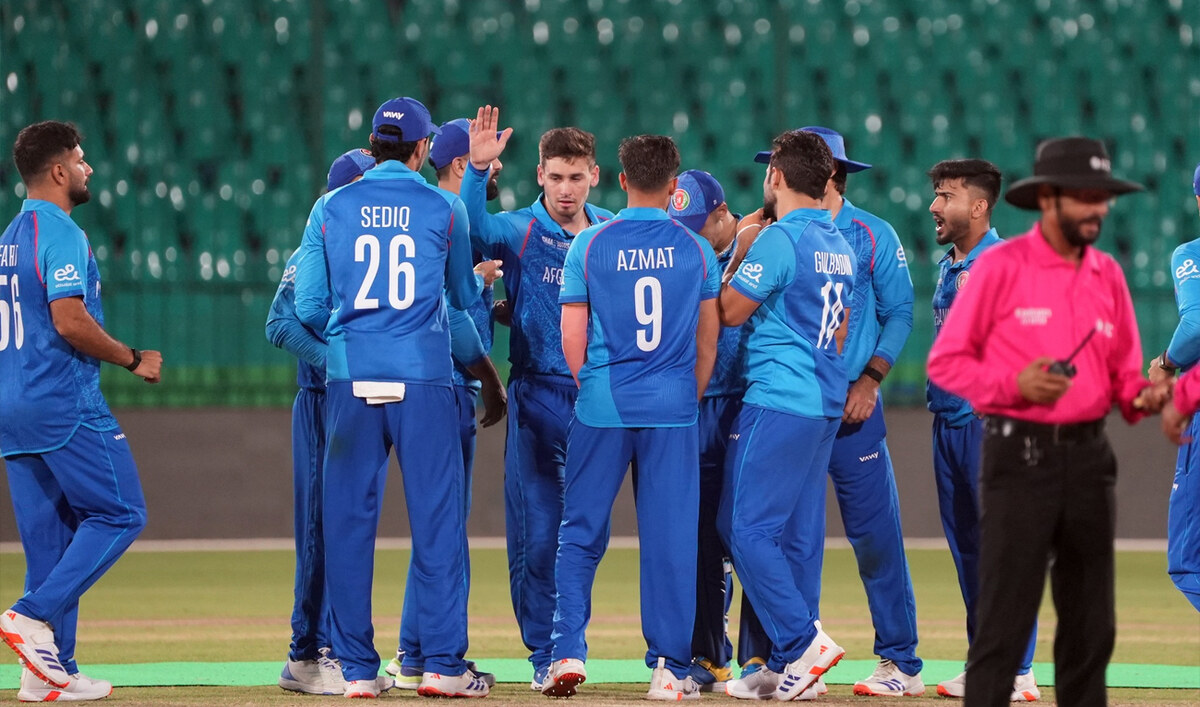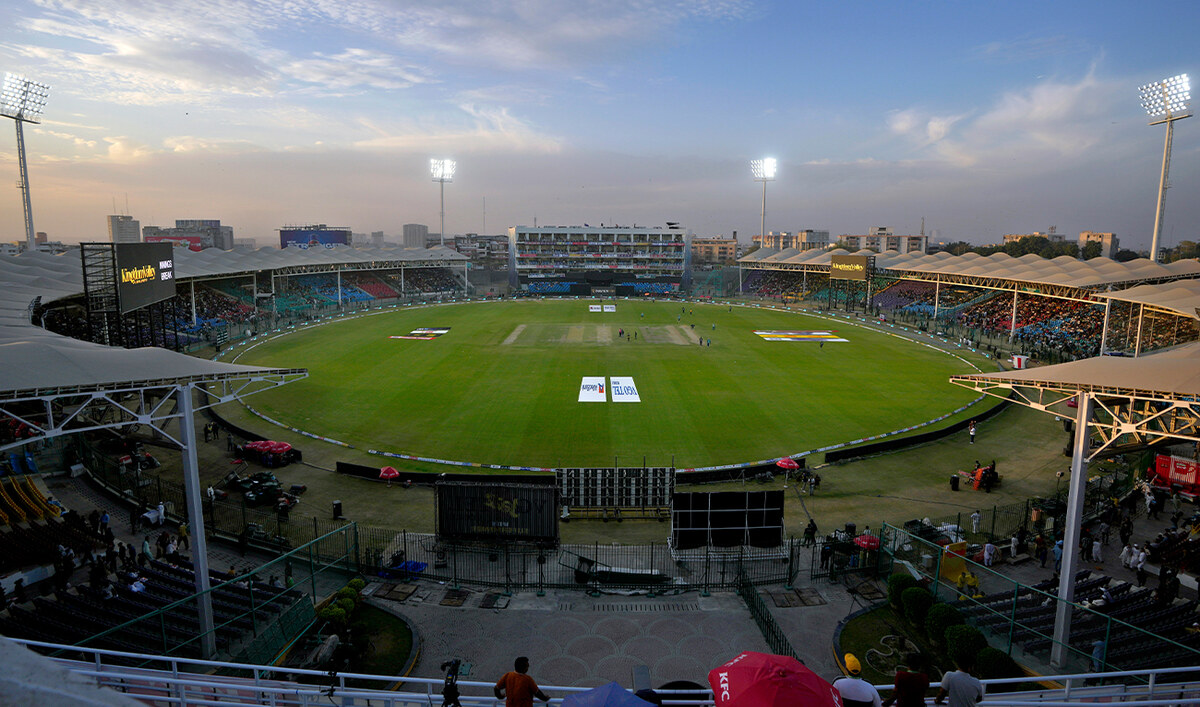KARACHI: Aamir Ibrahim, the CEO of Jazz, Pakistan’s largest telecom company, has warned that cellphone operators could opt out of participating in a planned 5G spectrum auction if the government set high upfront prices and priced in US dollars over rupees, arguing that such a model would make little business sense for market players.
The South Asian country of 240 million people hopes to use the auction as a way to boost the economy and promote advanced telecoms technology among its over 165 million mobile phone users. According to a recent report by the Global System for Mobile Communications Association (GSMA), 5G could contribute over $1.5 billion to Pakistan’s GDP by 2030, and also improve connectivity, service quality, and innovation in agriculture, manufacturing, logistics, education, and health care.
However, the National Economic Research Associates (NERA), a US-based consultancy hired by the Pakistan Telecommunication Authority (PTA) last year to oversee the 5G spectrum action, has identified major obstacles that could delay the rollout, which was planned for mid-2025. These include administrative restrictions on Internet services, low utilization of existing spectrum, auctioning the 5G spectrum in foreign instead of local currency, a delay in the Competition Commission of Pakistan’s (CCP) decision on the acquisition of Telenor Pakistan by Pakistan Telecommunication Company Limited (PTCL) and litigation over spectrum availability in the 2.6 GHz band.
Speaking to Arab News in an interview last week, Ibrahim said Jazz, Pakistan’s leading digital service provider with around 71 million subscribers, had held discussions with the government on the structure of 5G licensing, which needed to be “investor-friendly and consumer-beneficial.”
“Some of the key recommendations have been that we have to delink the price of the spectrum from dollars to rupees and the reason for that is that we earn our revenues in rupees. So, we can’t really have a huge cost impact on dollars, which we can’t necessarily predict,” Ibrahim said.
Indeed, Pakistani telecom operators face a currency mismatch, as they charge customers in rupees but pay hefty regulatory fees — including license renewals and spectrum costs — in US dollars.
This exposes them to exchange rate volatility, making long-term financial planning difficult, especially as the rupee has sharply depreciated in recent years.
Ibrahim said Jazz had also sought “relief” from the government regarding payment terms, including the upfront component of the auction and the duration of the payment cycle, saying buyers of the 5G spectrum would need to invest up to $1 billion over time to import compatible equipment and upgrade their networks.
“There are less than two percent of all of our customers in Pakistan who have a 5G-compatible phone, and that’s why it’s important that the whole pricing mechanism of 5G has to be commensurate with the business potential,” the Jazz CEO said.
Ultimately, he said, higher prices upfront or initially would make a “weak business case”:
“And the operators may not be interested in participating in the auction, which again will not be beneficial for the government.”
The Jazz CEO said his company has conveyed these concerns as part of its recommendations to the government, and that they had resonated with NERA’s recommendations on what “we as an industry have been asking the government.”
He agreed that a main concern for investors was also the delay in the approval of PTCL’s acquisition of Telenor Pakistan, which has been awaiting clearance from the Competition Commission.
“It has taken quite a long time … it’s not a good signal for a foreign investor if a merger approval process takes more than 14 months,” Ibrahim said, adding that the prolonged delay was creating uncertainty, discouraging investment and making Pakistan’s telecom sector appear less business-friendly.
Additionally, the delay was affecting strategic planning for telecom operators, particularly in terms of competition and resource allocation.
“Because then we don’t necessarily know whether the spectrum is going to be made available for four players or for three players. So, that’s a requisite that I think has to be addressed before we move forward with the 5G auction.”
The 5G rollout has also been delayed due to ongoing legal disputes over spectrum allocation. A portion of the 2.6 GHz frequency band — essential for 5G deployment — remains tied up in litigation, leaving insufficient spectrum for optimal performance.
Last year, the Islamabad High Court ruled against China Mobile Pakistan Limited (Zong) for unauthorized use of the additional spectrum beyond its license period, further complicating the regulatory landscape.
Asked about the litigation, Ibrahim alleged that one operator had “illegally occupied the spectrum for a very long time,” without naming the company.
“We want all operators to comply with the same rules and regulations that exist for others,” he said, adding that whether it was 50 MHz or 68 MHz, the spectrum must be released.
He stressed that Pakistan ideally needed 100 MHz slots per operator, but spectrum constraints and subdued pent-up demand had hindered expansion.
“The 2,600 MHz band is a very desirable spectrum that should be released before the 5G auction,” Ibrahim said. “A couple of things certainly appear to be roadblocks, and I hope these roadblocks are taken out of the way very quickly.”
Commenting on the timeline for the rollout of 5G services in Pakistan, the Jazz CEO admitted it would not happen “overnight.”
“It will take a while before the rollout starts, it’s not going to be the case that one day somebody buys 5G spectrum and the next day they switch it on and the whole country is lit up,” he said.
“It takes a while to plan for the network, import the equipment, upgrade the equipment and start deploying the services. And you go pocket by pocket, city by city. So, it takes a while, but I think the journey can start within a few months of the auction results being concluded.”
























